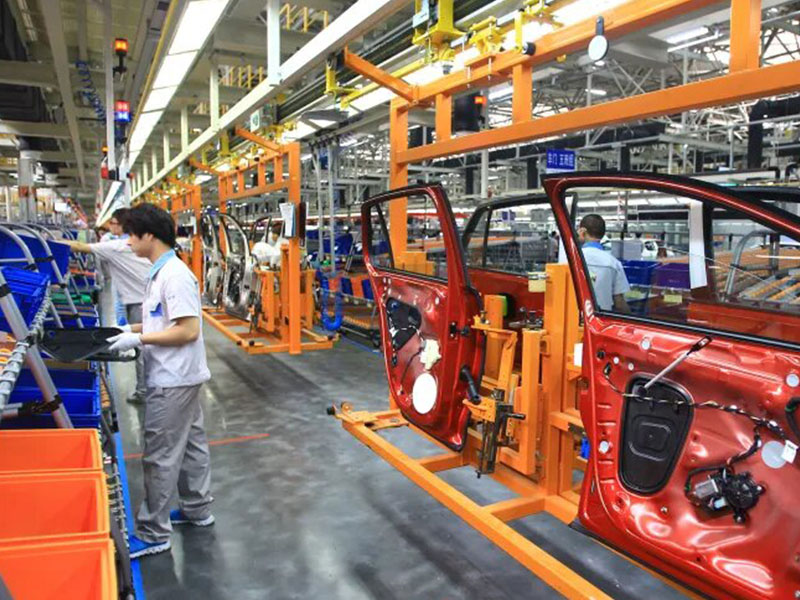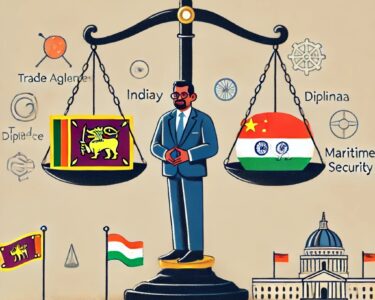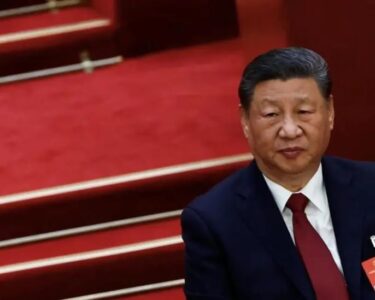A new report by Human Rights Watch raises serious concerns about the car industry’s involvement in Uyghur forced labor in China. The report, titled “Asleep at the Wheel: Car Companies’ Complicity in Forced Labor in China,” highlights several key issues:
Forced Labor in Xinjiang: China’s government-backed labor transfer programs are forcing Uyghurs and other minorities into jobs, including in the aluminum industry, which supplies carmakers.
Opaque Supply Chains: Many car companies lack transparency in their aluminum supply chains, making it difficult to track the origin of materials and identify links to forced labor.
Joint Venture Challenges: Carmakers claim limited control over their Chinese joint ventures, making it harder to address human rights concerns within those partnerships.
Chinese Government Retaliation: Companies fear potential retaliation from the Chinese government if they investigate forced labor allegations.
Recommendations:
Car companies: implement robust supply chain mapping, disengage from suppliers linked to Xinjiang, and use leverage in joint ventures to address forced labor risks.
Governments: enact laws banning imports linked to forced labor, require companies to disclose supply chains, and increase scrutiny of human rights practices in China.
Key Points:
The report criticizes major carmakers, including General Motors, Tesla, BYD, Toyota, and Volkswagen.
The car industry’s reliance on China makes addressing the forced labor complex, but not impossible.
Stronger government regulations and consumer pressure are seen as crucial in tackling the issue.







